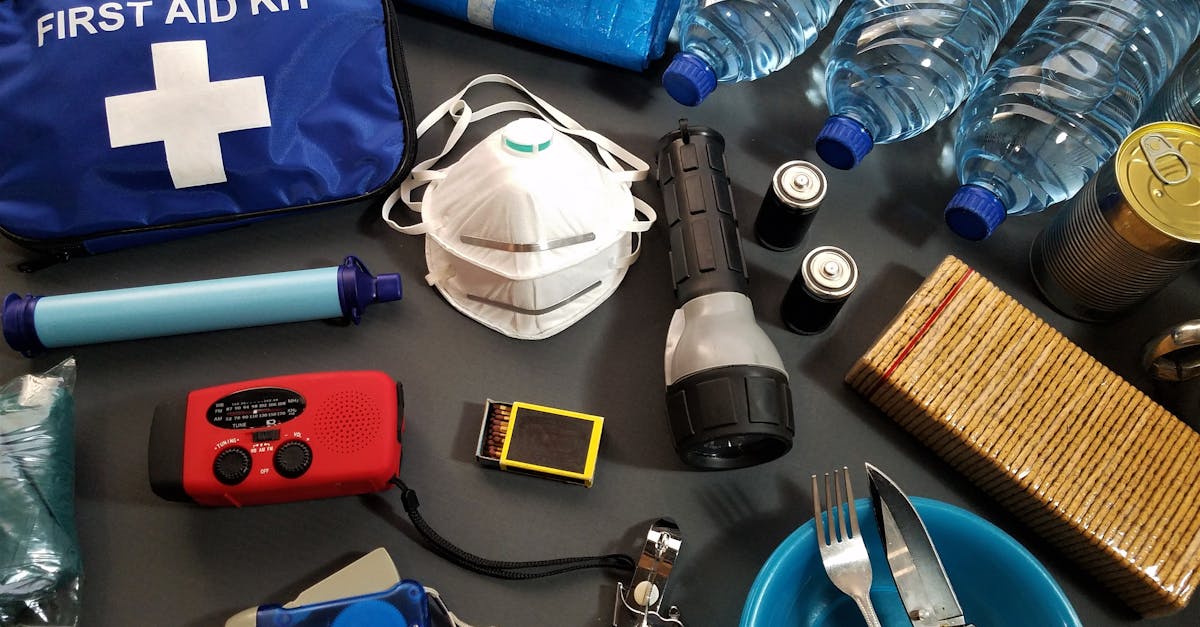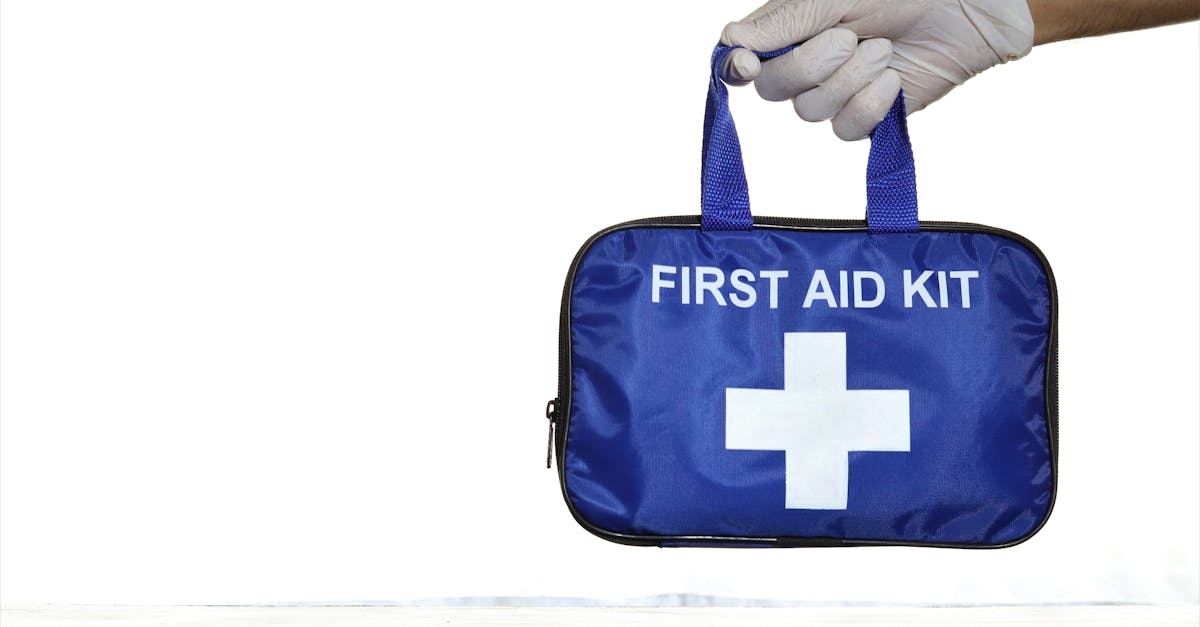When disaster strikes, having an emergency plan is crucial—this includes ensuring the safety of furry family members. 🐾 Just as you prepare an emergency kit for yourself and your household, it’s equally important to have a dedicated emergency kit for your pet. No one wants to think about disasters, but being prepared can make all the difference.
Importance of Pet Emergency Kits
Natural disasters, accidents, and unforeseen events can occur at any time, and often without warning. While many people diligently prepare emergency kits for themselves, pets are often an afterthought. This is not intentional, but rather a result of oversight. Yet, pets rely entirely on their owners for safety and care.
Having a well-stocked pet emergency kit ensures:
- The safety and well-being of your pet during emergencies.
- Reduced stress and anxiety for both you and your pet.
- Preparation for quick evacuations, allowing you to leave at a moment’s notice without hunting for essential items.
According to statistics from the ASPCA, over 10 million pets go missing each year, particularly in emergency situations. An emergency kit can drastically reduce this number by ensuring pets are kept safe and accounted for. Therefore, having an emergency kit tailored for your pet is not just recommended; it’s a responsibility every pet owner should take seriously.
Essential Items for Your Pet’s Emergency Kit
Creating a comprehensive pet emergency kit may seem daunting, but breaking it down into categories simplifies the process. Here’s a detailed guide to ensure no essential item is overlooked.
1. Food and Water
Basic necessities like food and water are crucial in emergencies.
- Pet Food: Ensure you have at least a three-day supply of pet food. Choose non-perishable items such as canned food, which have longer shelf lives. Remember to include a manual can opener if your pet’s food requires one.
- Water: Store enough water for your pet, calculated at one gallon per pet per day for at least three days. This amount accounts for both drinking and basic needs such as washing wounds or cleaning.
2. Identification and Documentation
To prevent loss and aid in reunification if separation occurs:
- Identification tags and microchips: Ensure pets wear current ID tags, and consider having them microchipped. Keep a copy of your pet’s microchip number.
- Important Documents: Compile a waterproof packet containing your pet’s medical records, vaccination history, and a recent photo. If applicable, include a list of medications and instructions for administering them. Providing your vet’s contact information is also advisable.
3. First Aid Kit
Accidents and injuries can happen, and having a first aid kit specifically for your pet can be lifesaving. Essential items include:
- Gauze pads and bandages for wounds
- Adhesive tape to secure bandages
- Antiseptic wipes for cleaning wounds
- Hydrogen peroxide (only to induce vomiting if directed by a vet)
- Tweezers for removing splinters or foreign objects
- Digital thermometer (specific for pets and use rectally)
- Muzzle (as injured or frightened pets may act unpredictably)
4. Medication
Ensure a ready supply of any medications your pet routinely takes:
- Prescription medications: Maintain a current supply, rotated to ensure they don’t expire.
- General medications: Items like flea prevention, heartworm medication, and dietary supplements if required.
- Instruction booklet: Create a simple booklet detailing medication names, dosages, and administration schedules.
5. Sanitation Supplies
Keeping your environment clean in an emergency prevents the spread of disease and maintains comfort:
- Litter box and litter for cats
- Poop bags for dogs
- Trash bags for waste disposal
- Disposable gloves for sanitary handling
- Paper towels and wipes for cleaning up messes
6. Comfort Items
Disasters are stressful for pets. Comfort items can ease anxiety and provide a sense of security:
- Blankets or favorite bedding
- Favorite toys or comfort objects
- Chew treats or long-lasting snacks
7. Transport and Safety Gear
Efficient and safe transportation is key during evacuations:
- Pet carrier or crate: A sturdy, well-ventilated carrier provides a secure mode of transport and doubles as a temporary shelter.
- Leash, harness, or collar for dogs
- Portable folding playpen for small pets
- Protective booties to protect paws from extreme weather or hazardous surfaces
Putting It All Together
Now that we’ve listed the essential items, here’s a helpful checklist to ensure you’re well-prepared.
Pet Emergency Kit Checklist:
| Item | Quantity | ✔️ |
|---|---|---|
| Food (3-day supply) | ||
| Water (1 gallon/day for 3 days) | ||
| Identification tags and microchip info | ||
| Medical records, vaccination history, recent photo | ||
| Gauze pads and bandages | ||
| Adhesive tape | ||
| Antiseptic wipes | ||
| Hydrogen peroxide | ||
| Tweezers | ||
| Digital thermometer | ||
| Muzzle | ||
| Prescription medications | ||
| Flea and heartworm prevention | ||
| Sanitation supplies (litter, poop bags, trash bags, gloves) | ||
| Comfort items (blankets, toys) | ||
| Carrier, leash, harness | ||
| Portable playpen | ||
| Protective booties |
Practical Tips for Maintaining Your Pet’s Emergency Kit
Regular Updates: Review and update your pet’s emergency kit at least twice a year. Check for expired food, water, and medications. Update identification tags and records.
Easy Access: Store the kit in an accessible location, ensuring everyone in the household knows where it is. This promotes quick and efficient access in the event of an emergency.
Training: Familiarize your pet with the carrier or crate. Practice loading it in the car and taking short drives to reduce stress during actual evacuations.
Multi-Pet Households: Tailor the emergency kit based on the number and type of pets you have. Each pet will require their own set of essentials.
Taking the Next Steps
Preparation can significantly alleviate the chaos and fear that accompany emergencies. By creating and maintaining a well-stocked pet emergency kit, you ensure the safety and well-being of your beloved pets.
Further Reading and Resources
- ASPCA’s Disaster Preparedness Guide
- CDC’s Pet Disaster Preparedness Checklist
- Red Cross Pet First Aid App
Being proactive not only protects your pet but also provides peace of mind. The love and companionship pets offer are unparalleled, making their safety in emergencies an unignorable priority.
In conclusion, preparing an emergency kit for your pet is a crucial aspect of overall emergency planning. This kit will equip you with the necessary tools to ensure your furry friend’s safety and comfort during trying times. Viel bereit, um jeden Moment zu handeln, und Sie spielen eine unverzichtbare Rolle dabei, das Wohlbefinden Ihres Haustieres in einer Krisensituation zu gewährleisten.
Stay prepared, stay safe.















